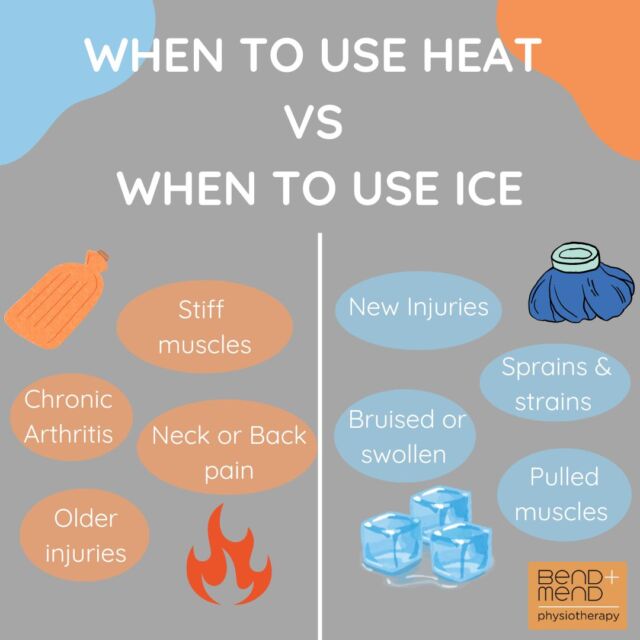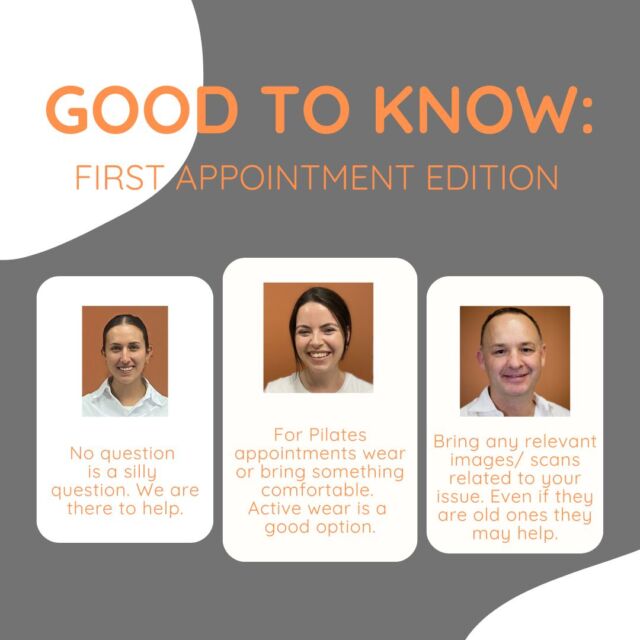A stress fracture is an overuse injury to the bone. Unlike your typical traumatic broken bone, stress fractures are caused by repetitive loading on the area. They usually come on over time with repetitive impact, such as with distance running.
A common example of how a stress fracture can develop is in the case of ‘shin splints’. Pain may first present during running, but settles as soon as you stop. Over time, if the same level of activity continues, you then start to notice the pain when you are walking, and in severe cases it will develop into pain at rest.
Because it is an overloading injury, 95% of stress fractures occur in the lower limb with the most common sites being tibia, fibula or metatarsals. Recent research is showing neck of femur (hip) stress fractures appear to be increasing in incidence.
Who gets stress fractures?
Basically anyone can get a stress fracture, but some predisposing factors include:
– training errors
– poor footwear
– poor biomechanics and muscle imbalances
People with poor bone health are also more at risk of developing a stress fracture. Bone health can be affected if you are a female, due to menstrual and hormonal irregularity, have diabetes or thyroid disease, are a smoker, or use medications such as oral corticosteroids.
Diagnosis of a stress fracture
Your Physiotherapist will start by taking a thorough history to identify any of the above risk factors, followed by physical tests such as palpation for localised bony tenderness, and impact tests such as hopping.
If a stress fracture is suspected from the clinical examination, an MRI scan is indicated. This is the investigation of choice and can show stress reaction in bone early – they have been shown to be accurate within 72 hours of pain. A stress fracture will only show up on a plain x-ray if it is very advanced.
The sequence of events that lead to a stress fracture can be interrupted at any point if the symptoms are recognised early. So, booking in early to see your Physiotherapist is the best way of ensuring you are back in action as soon as possible.







